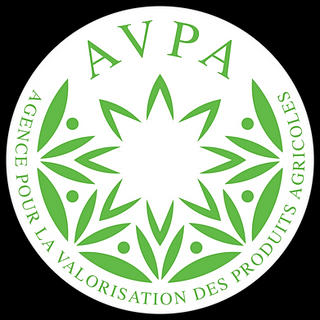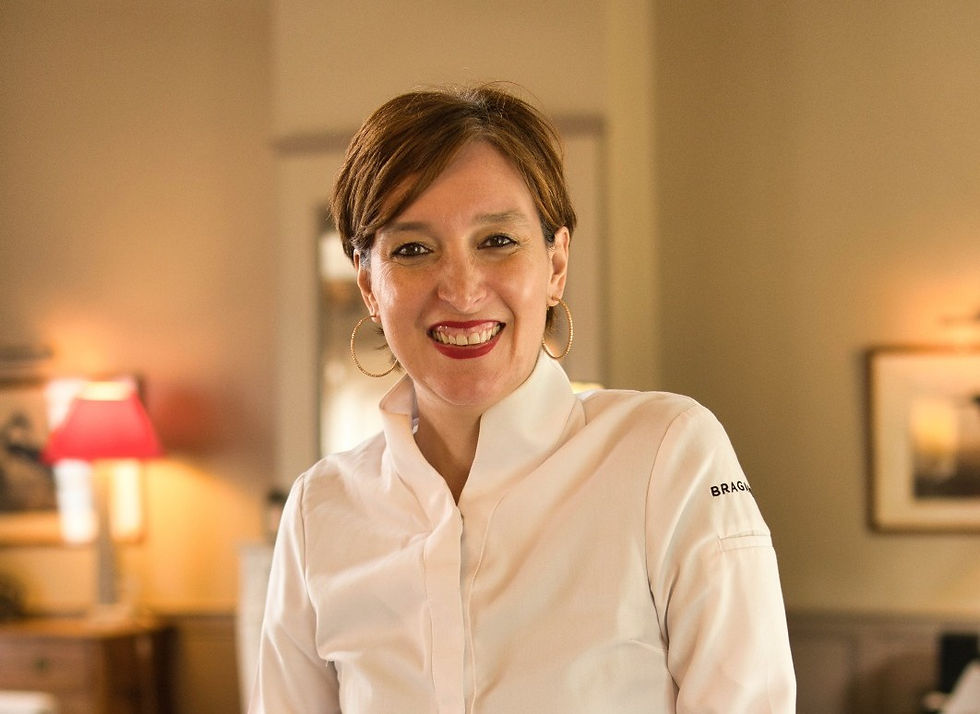AVPA Contests: Rigor at excellency service
- Philippe Juglar
- Apr 7, 2021
- 4 min read

AVPA’s pride partly streams from the fact that some of the most regarding Italian, Spanish or China agricultural producers come to France to have their olive oils or teas judged by a French jury. This international notability did not come by itself. It is the result of rigorous and constant work which has followed some basic rules.
The first rule directly surges from the old French gastronomic culture. There is not one single way of apprehending the excellence of a product nor one single scale of classifying products. In other words, a gastronomic contest is embedded in the universe of feeling and pleasure. In fact, even if pleasure were unique, you might find many ways to get it. As such it is not a plane Olympic game.
To some extent the AVPA jury is comparable to parents searching for their children’s qualities and the ways in which they can be developed to the full. For each product AVPA jury searches its own areas of excellence. It will start by classifying samples into homogeneous categories so as to compare what is comparable. An organoleptic property can be a positive attribute in some taste categories and negative attribute in some other taste ones. Bitterness is a good illustration in that regards, positive in some cases, negative in others. And this appreciation will depend upon the intensity of the characteristic. It is however important to note that an apparent defect is not always a hindrance and may even be necessary for achieving excellence. Let us recall that is the case of some great white wines which need a touch of “cat pee”. This is also the case of some great fragrances of which the procession requires the use of musk.
The classification work is constantly called into question as arising new tastes from original treatments must be integrated by our juries who must go beyond the effects of trends and fashion, specific to each generation. Fermentation is a good example of these new tastes arising particularly in coffees and oils with well controlled technics.
Besides, the classification is conducted with controlled mathematic tools and models which smoothen out the inexorable threshold effects familiar to mathematicians when they study discontinuous universe.
This analytic rigor commands that a complete family of products must be tasted by the same jury. This minimizes the normal disparities that might exist from one jury to the other. Knowing how quick the palate can saturate after many tastings, it is important to know when and how to take a brake to keep the freshness of the sensations and to rediscover the pleasure of tasting. You may imagine the time and manning such an exigency implies!
The second major rule followed by AVPA international contests is to accept that our good taste comes from our culture which means there is no such thing as a universal taste. Therefore, at AVPA, we impose ourselves a very surprising rule. We wish our jurors to share the same cultural basis which comes from their daily practice of the French language. Some might see in it the intellectual claim that is easily attributed to the French. This is not the case.
By resorting to a 100% French jury, we want to avoid the pitfall of international juries which often tend to reflect only a dominant culture (not necessarily the most sophisticated one!). In the best of cases, an international jury is likely to reward the most consensual products at the expense of the most original ones.
The gastronomic phase of our international contests is also a social act in which our jurors share the common pleasure of exchanging on what they felt about the product they have tasted. This easy task, in appearance, happen to be a very complex exercise and almost impossible to carry out in a foreign language!
AVPA jury is thus representative of a French taste which, with no pretention to universality, can still be considered sufficiently respected throughout the world. Besides, we remain open to the possibility of organizing AVPA contests in other countries. This year, a national coffee contest will take place in Colombia with a Colombian AVPA jury, then in Ecuador with an Ecuadorian AVPA jury. We also hope to quickly set up a second European AVPA contest as far as COVID allows us to do so. We are looking forward to the possible disparities in results determined by national juries.
Third rule, AVPA international contests are hedonistic contests wherein the pursuit of pleasure is an imperative. In this adventure, the experience of great product professionals is needed to facilitate the definition of a vocabulary, of exhaustive tasting parameters as well as a rigorous classification method. From their work, will outstand the most interesting productions of each category. The core hedonistic phase comes thereafter with the necessity to classify these all-outstanding productions.
This is where taste enthusiasts come in. These enthusiasts are first and foremost chefs assisted by all those informed gastronomic critics and taste passionate. It is their roll to measure the relative intensity of satisfaction of each product. I do not need to mention that palates are even more needed at this stage and that there is no way that this jury does not taste the totality of a category submitted to their judgment. This long and often passionate work leads to an instructive verbatim for producers themselves.
Transparency is the last but not least rule followed by AVPA. We will not publish results of producers who did not win an award. We will wait until they are accepted into the winners' court to advertise them. But all producers can access the technical jury’s ratings on their productions. We certainly do not pretend to tell what is good or bad nor to explain how a participant can evolve from one side to the other. However, our experience allows us to carry out a rich dialogue with producers so that they can find new markets where their product will find the place of excellence it deserves.










Comments